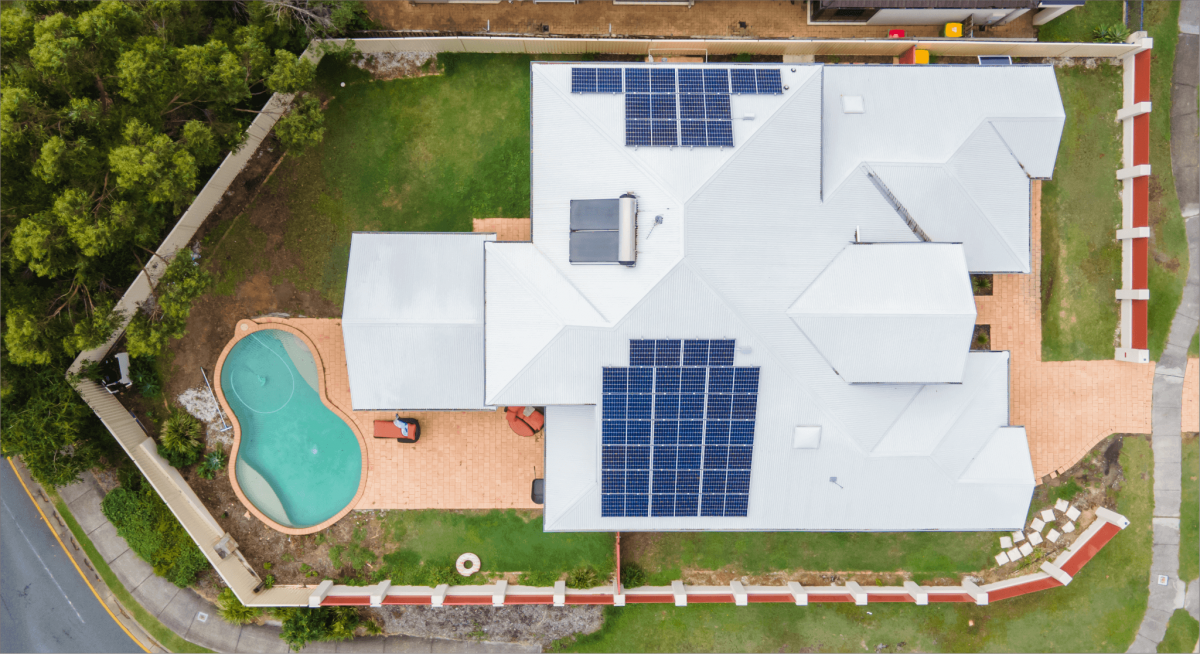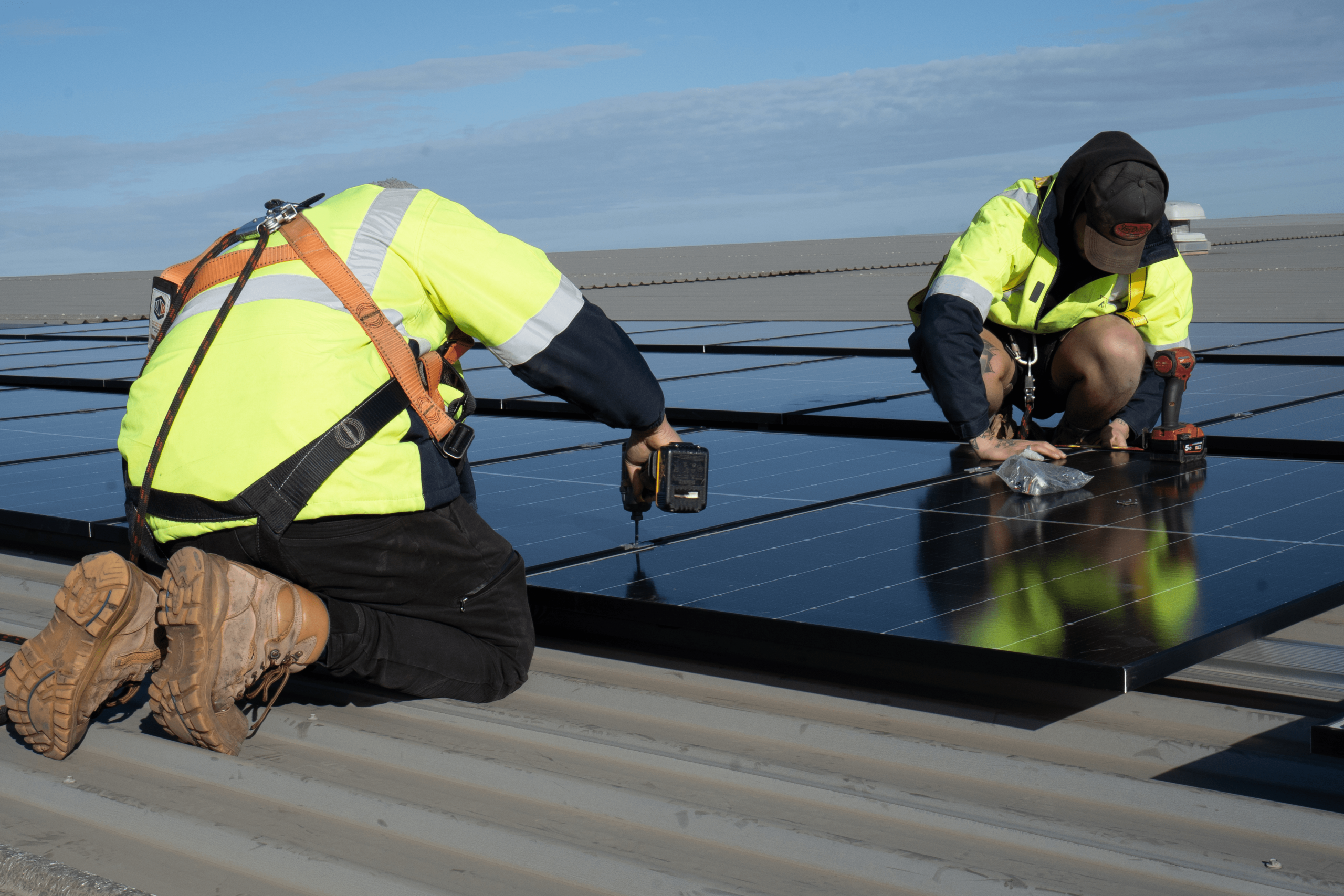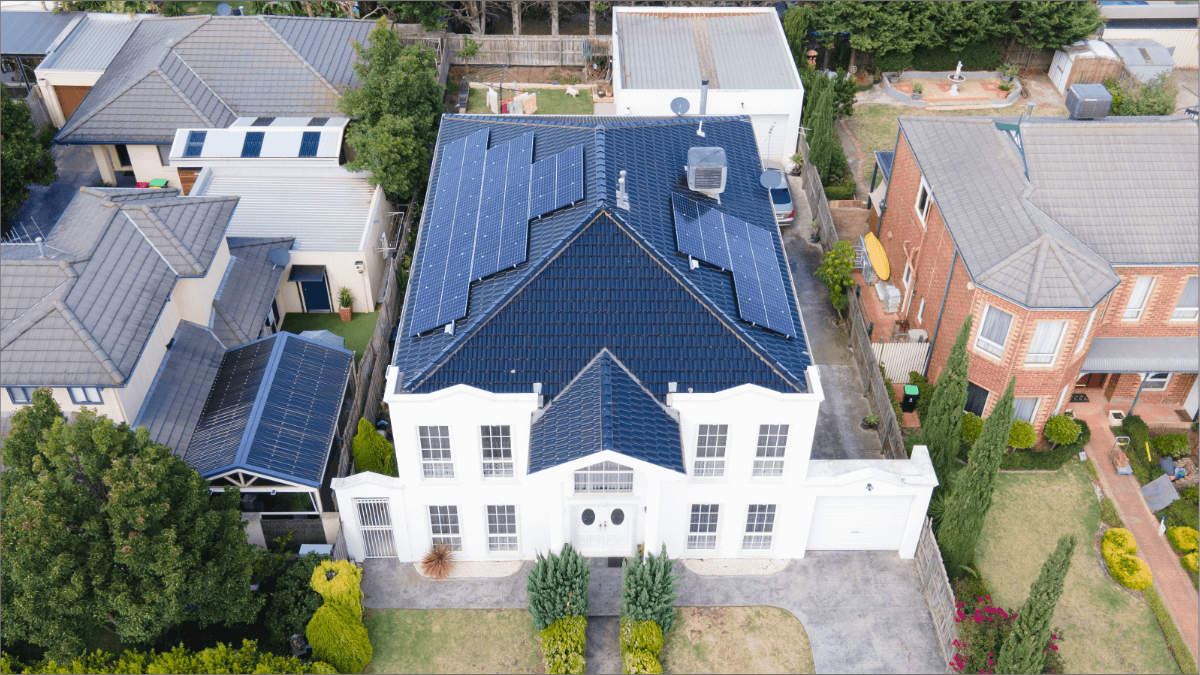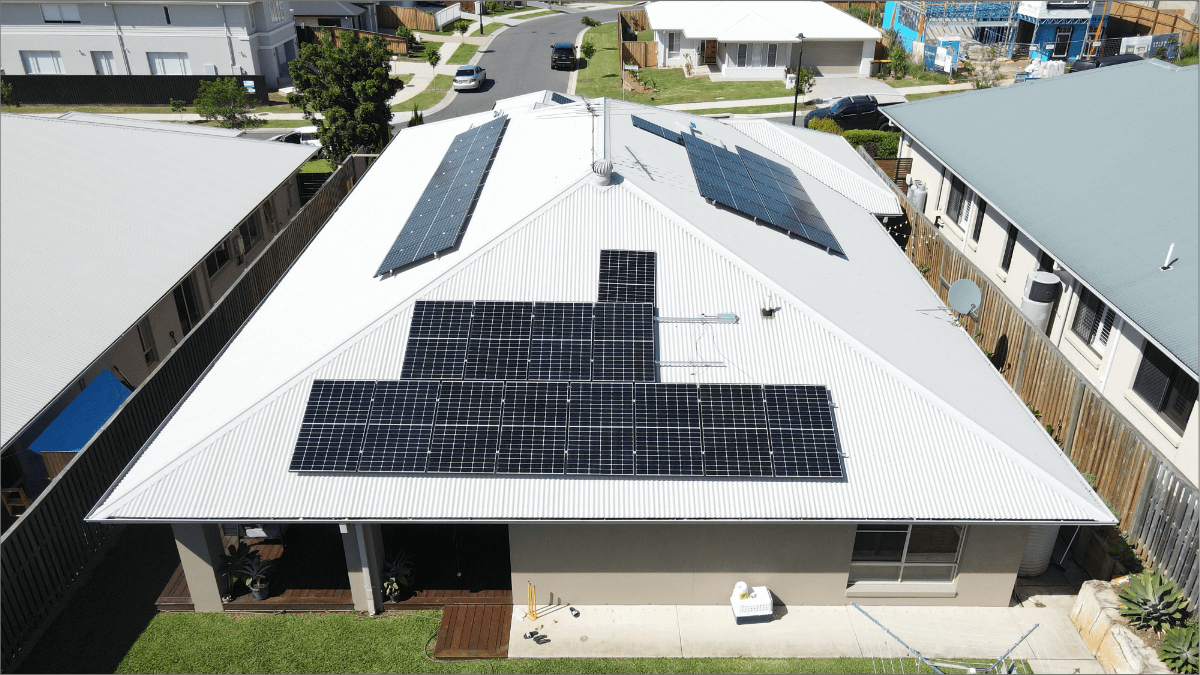- Solar Run >
- Solar Guide >
- Going Solar is easier than you think

Technically, there’s no one right answer to when someone should buy solar panels. The sooner you can get your consultation for solar panels to be installed onto your home, the sooner the installation will be finished, and then you’ll be able to save more money on your energy bills now versus later.
Installing solar panels can take some time, so the choice you make on when to install them doesn’t really matter in the grand scheme of things. However, there are seasons when installing solar panels can be better, for various reasons.
In this article, we’re going to be taking a deep dive into when you should install solar panels and some misconceptions about solar panel installations.
Let’s say you have been thinking about switching to solar energy, then you forget, and then as time passes you recognize that your energy bills are increasing even though you are using as much (or even less) energy than before.
In Australia, it has been determined that overall household energy prices are expected to increase at an average of 3% over the next year, with certain areas increasing to a high of 16% per year.
The biggest reason is because of the recent changes to the regulation of energy transmissions, as well as the upgrades to the distribution networks that transfer the energy to your home. The rates for electricity In Australia have been skyrocketing since 2003 – leading to many homeowners in Australia switching to alternative energy resources to reduce their costs.
That is the key issue here – even though there are better seasons for someone to switch to solar energy, overall, switching to solar energy sooner rather than later would be better for you in the long run – because of the increasing prices of energy.
Historically, it has been shown that in Australia – that the best time to switch to solar energy would have been in 2006This year has the lowest cost of electricity in the past 20 years and if you switched to solar then, you would have saved a large sum of money by utilising the technology 15 years into the future. In short, by switching to solar energy now versus later, you will be giving yourself the ability to protect yourself (and your family) from rising energy costs that are inevitably coming.
Fortunately for Australians, as of 2021 – there doesn’t seem to be an end to the Small-Scale Renewable Energy Scheme (SRES), that helps with the purchase cost of your solar panels. The SRES allows you to create a certificate that you can give to your solar energy agent or salesperson, which will allow you to purchase a solar energy system for a lower price. There is no dated end for this program – but that doesn’t mean it is guaranteed to last forever and as more people switch to solar, the rebate offered may be lowered.
Even though Summer is the most popular time to install solar panels, the most optimal time to install solar panels would be during the Winter. Here are a couple of reasons why:
Since there are fewer people switching to solar energy in the wintertime, pricing for installations will drop. Most solar installation companies will run deals or specials, in order to keep their businesses alive throughout the harder winter months. Unlike spring or summer, there is less sunlight during the wintertime – which is the reason why most Australian homeowners don’t switch.

Summertime will inevitably bring a tone of heat, which affects the solar installers on your roofs. The summertime heat will assuredly make them tire quicker, with them needing more breaks. Due to the popularity of solar panel installations during this time, you may be behind a long line of homeowners, who are also looking to switch to solar energy.
By installing in the winter when there is no huge rush of installations, you’ll be saving more time, and the installers will surely thank you too.

Your solar panel’s temperature coefficient is the temperature at which your solar panel’s performance starts to decline. Like with all technologies, the higher the temperature, the more inefficient it becomes. Even though you do get more sunlight during the Spring and Summer, the higher temperatures can make your solar panels lose efficiency and performance, which means that you’ll be getting less energy than you originally intended.
By switching to solar energy during the winter – your solar panels can stay cool and efficient, which will allow them to perform at a better rate when sunlight hits them.
This needs to be explained better, is this something to do with the panels being more sensitive to temp exposure when first installed?

It’s more optimal to install your solar energy system and panels during the wintertime, but the sooner you switch to solar energy – the better.
If you liked this article and would like to learn more about solar panels and all things related to Australian solar energy – check out our blog to read more!
This needs to be explained better, is this something to do with the panels being more sensitive to temp exposure when first installed?
We are available! Have a question? Text us here.
 Text Us
Text Us
I am no longer positive where you are getting your info, but great topic. I must spend a while finding out more or figuring out more. Thanks for excellent information I was on the lookout for this info for my mission.
Some really wonderful blog posts on this web site, regards for contribution.